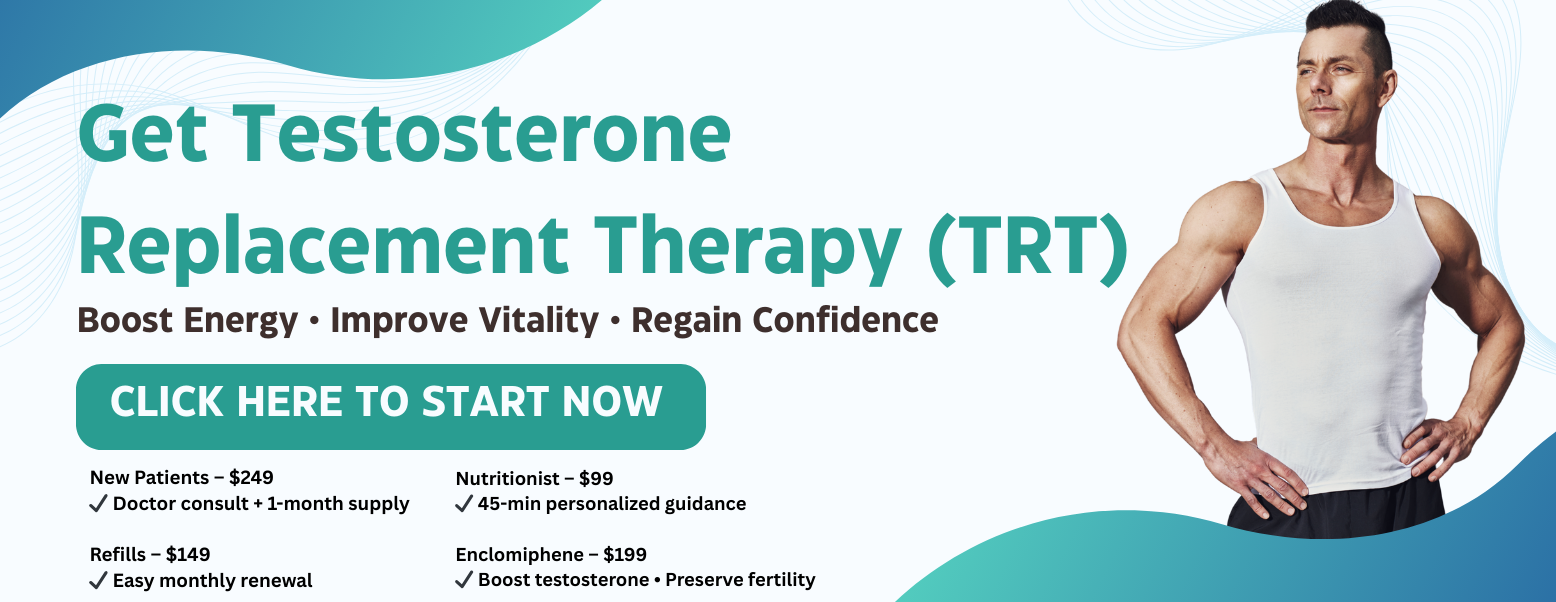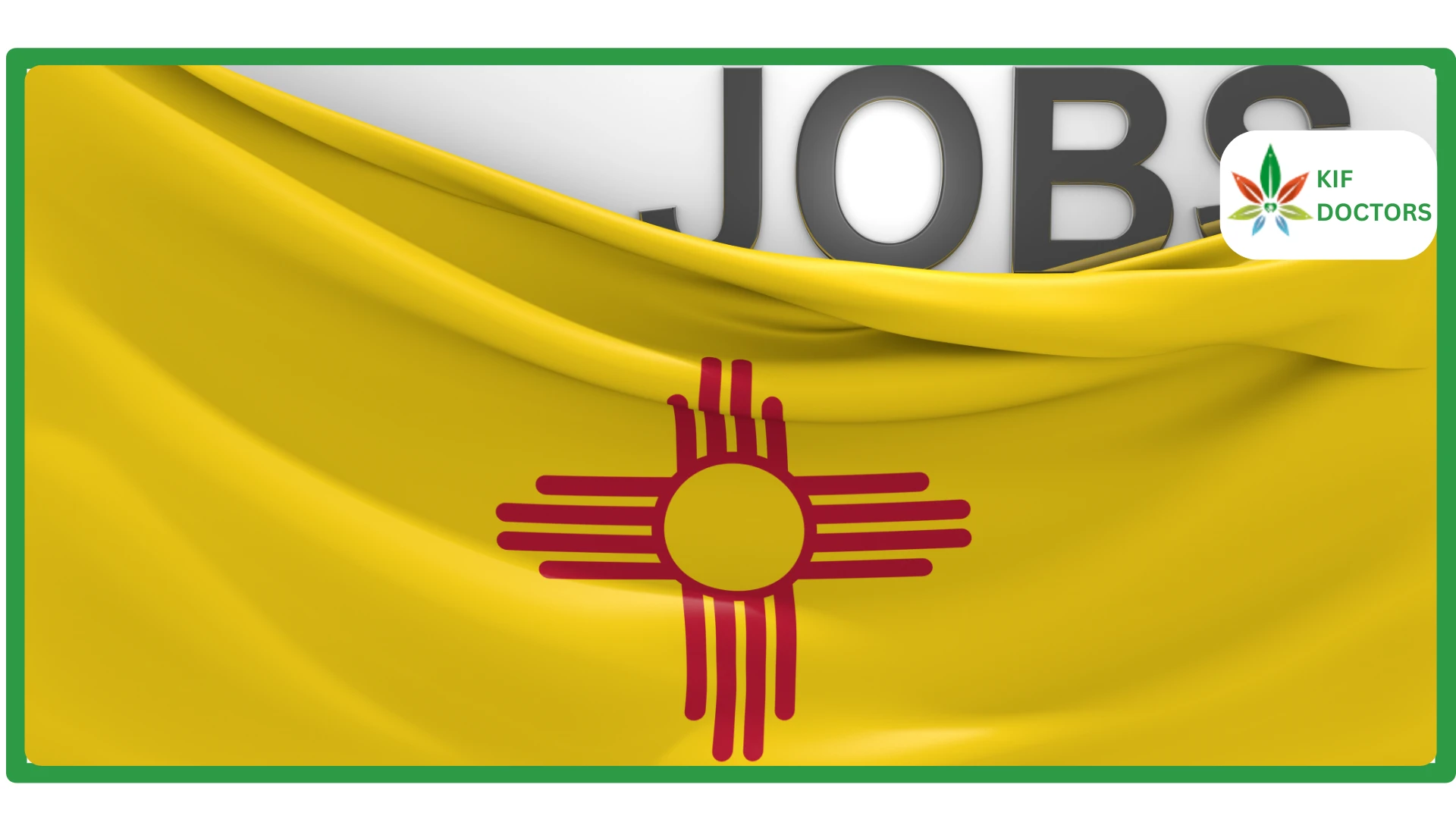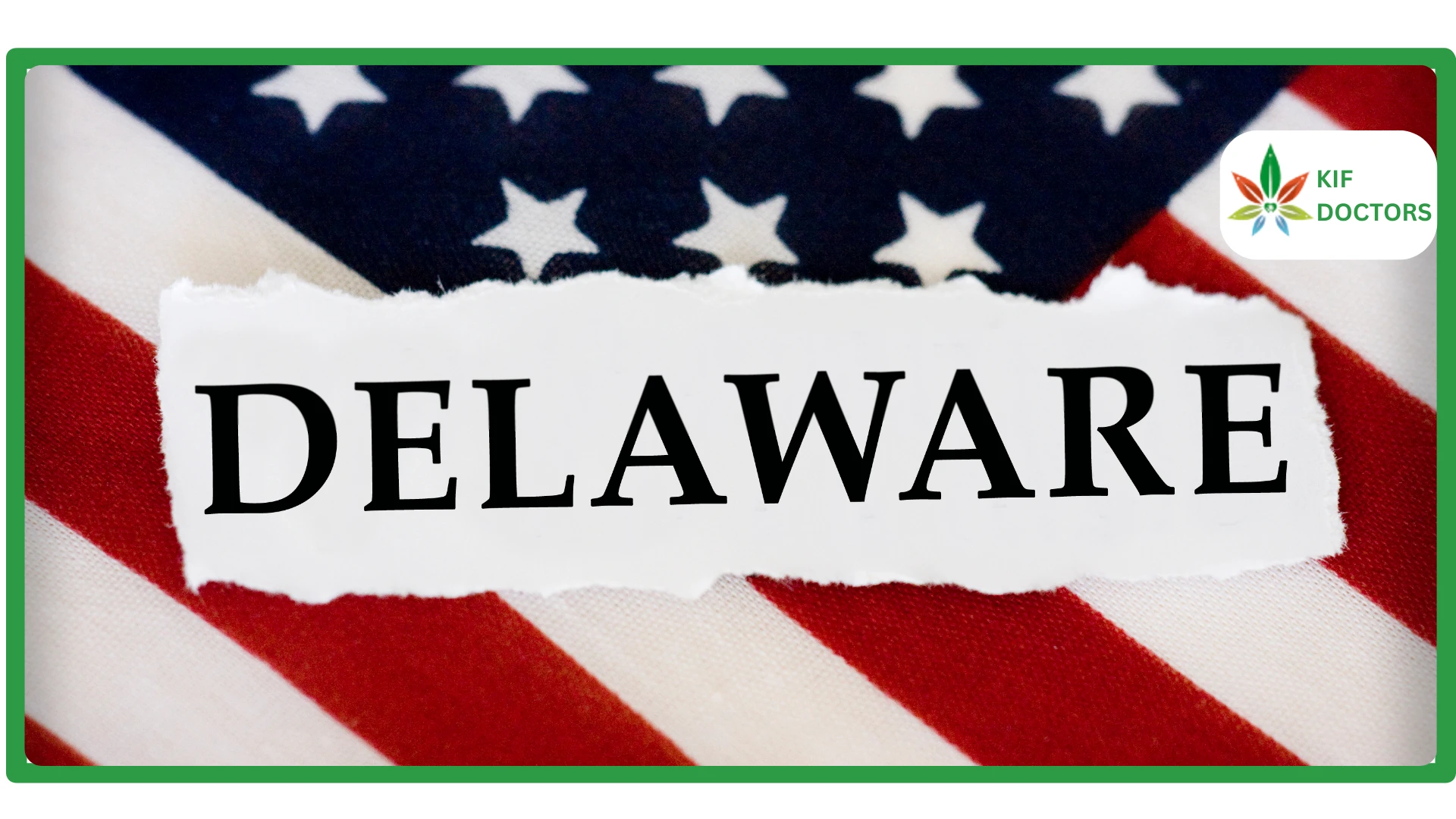TRT is gaining immense popularity because of all the good things it has to offer. But as they say, every good thing comes at a price. To reap the good results, is your heart paying the price? Let's find out.
Testosterone Replacement Therapy (TRT) has undoubtedly changed the lives of many men. It restores lost energy, improves mood, builds muscle, and helps you feel mentally sharp again. But just like any other treatment, it comes with some concerns, especially regarding your heart.
Don’t Wait, Reclaim Your Vitality – Click here to Book Your TRT Consultation Now!
In 2025, increased cholesterol levels for men who are on TRT is one of the most talked-about topics. TRT can sometimes raise LDL (bad cholesterol) and lower HDL (good cholesterol). If this happens often and you don’t pay attention, it can increase your risk for heart disease.
But the good news is that you can enjoy all the benefits of TRT while keeping your heart safe. That's only possible when you make the right choices. With the right food, exercise, supplements, and regular checkups, you can protect your heart and enjoy a healthier life.
This guide will explain how TRT affects cholesterol, why it matters, and provide simple steps for managing it.
Why Cholesterol Matters on TRT?
Cholesterol is not as bad as it sounds; it is essential for your body, but too much of the wrong kind can be dangerous. When you're on TRT, testosterone can change how your body handles cholesterol. It may cause your LDL to go up and your HDL to drop. This doesn’t mean TRT is bad; it just means you need to watch your heart health closely.
Let’s understand how this works and what you can do:
-
TRT’s Impact on Lipid Profiles
TRT may slightly increase your LDL (bad cholesterol) and lower your HDL (good cholesterol). While this change isn’t always big, it can be risky, especially if you already have heart problems. That’s why it’s important to get your cholesterol levels tested regularly. This helps your doctor catch any problems early and make changes to your treatment or lifestyle.
-
Why LDL Is Risky During TRT
LDL cholesterol travels through your blood and can stick to your artery walls. Over time, this builds up like plaque and causes blocked arteries, which makes it harder for your heart to work. TRT can sometimes make this worse if not carefully managed, especially if you don’t eat well, exercise, or are older.
-
Importance of HDL While on TRT
HDL is your body’s helper. It picks up extra cholesterol and takes it back to the liver to be removed. TRT might lower your HDL, which is not good. That’s why it’s very important to find ways to naturally boost your HDL through food and exercise.
-
The Triglyceride Factor
Triglycerides are another kind of fat in your blood. If they go up too high, they can cause your arteries to harden. TRT might also raise triglycerides for some people. When triglycerides are high and HDL is low, the risk for heart disease goes up very fast. So, keeping both in check is very important.
-
Individual Variability in Cholesterol Response
Everyone’s body reacts differently to TRT. Some men don’t see big changes in cholesterol, while others do. It depends on your genes, your daily habits, and how much testosterone you're taking. That’s why regular testing and a personal health plan work better than general advice.
-
Monitoring Cholesterol: The Golden Rule
Once you start TRT, it’s important to check your cholesterol every 3 to 6 months. A complete test will measure your total cholesterol, LDL, HDL, and triglycerides. This helps you stay ahead of any problems and keeps your heart safe.
How to Lower Cholesterol While on TRT
TRT doesn’t have to be bad for your heart. By making smart choices every day—what you eat, how you move, and what you take as supplements—you can keep your cholesterol healthy and still enjoy the benefits of testosterone.
Here are simple ways to do it:
-
Eat Heart-Healthy Fats, Not Saturated Fats
The name Fat is not as bad as it sounds, and not all fats are bad. Your body needs good fats like omega-3s, found in fish (like salmon), flaxseeds, and walnuts. Bad fats include butter, cheese, red meat, and fried food. Instead, use healthy oils like olive oil and eat more avocados and nuts. These fats help raise HDL and lower LDL.
Stay away from trans fats (found in processed snacks), as they’re the worst for your heart.
-
Boost Fiber Intake Daily
Fiber helps clean out cholesterol from your digestive system. It’s like a broom that sweeps it away all the bad things. Foods like oats, apples, beans, lentils, and psyllium husk are great choices. Try to eat at least 25–30 grams of fiber every day.
Plus, fiber helps with blood sugar control, which is great if TRT affects your insulin levels.
-
Exercise for Both Hormones and Heart
Moving your body helps your cholesterol and your testosterone. Activities like brisk walking, swimming, or cycling lower triglycerides and raise HDL.
Add some weight training too, which supports testosterone and burns fat. Aim for at least 150 minutes of exercise per week spread it out and stay consistent.
-
Supplement Wisely Under Guidance
Some natural supplements can help lower cholesterol. Options include:
- Fish oil
- Red yeast rice
- Garlic extract
- Plant sterols
- Niacin
But always talk to your doctor first—especially if you’re also taking medications like statins. Your doctor can help you choose the right supplements without messing up your TRT balance.
-
Minimize Sugar and Refined Carbs
Too much sugar causes weight gain and raises triglycerides. Many men on TRT who eat poorly end up with more belly fat and worse cholesterol. Cut back on white bread, pastries, and soda.
Eat whole grains, veggies, and slow-digesting carbs to keep your metabolism strong and your testosterone working well.
-
Manage Weight and Belly Fat
Extra fat around your belly causes inflammation and cholesterol problems. Losing just 5–10% of your body weight can make a big difference.
Less fat also helps your body use testosterone better and prevents it from turning into estrogen. Try to eat fewer calories and do strength training regularly.
How Medical Monitoring Helps in Managing Cholesterol on TRT
Taking care of yourself at home is great, but doctor support is super important when you're on TRT. Regular checkups and lab tests help keep you safe and ensure the treatment is working well.
Here’s what to expect from medical care:
-
Baseline and Follow-Up Lipid Panel Testing
Before starting TRT, your doctor will check your cholesterol, LDL, HDL, and triglycerides. Once your TRT starts, they’ll check again every 3 to 6 months to see how it is affecting your heart. This way, any issues can be caught early and treated fast.
-
Routine Liver and Kidney Function Checks
TRT and cholesterol medicines can affect your liver and kidneys. Your doctor will check enzymes like ALT, AST, and creatinine to make sure your organs stay healthy while you’re on treatment.
-
Customization of TRT Dosage Based on Cardiovascular Health
If your cholesterol goes up too much, your doctor may change your TRT dose, try a different form (like gels or patches), or change how often you take it. This keeps you safe while still getting the benefits of testosterone.
-
Collaboration with Cardiologists When Needed
If you’ve had heart problems in the past, your hormone doctor might work with a cardiologist to manage your treatment together. This way, your heart and hormones are both looked after carefully.
-
Professional Guidance for Lifestyle and Nutrition
At clinics like The KIF, you get full support, not just prescriptions. They help with food plans, fitness routines, lab tests, and safe supplements. Having a team by your side makes the TRT journey smoother and safer.
TRT-Friendly Meal Plan Tips for Lowering Cholesterol
Eating right isn’t just about avoiding fat. It’s about building a balanced, healthy plan that supports your testosterone and protects your heart. Here’s how:
-
Prioritize Lean Proteins
Eat foods like chicken breast, turkey, fish, tofu, and eggs. These help build muscle without adding harmful fats. Fish like salmon and mackerel are especially good because they also provide heart-healthy omega-3s.
-
Choose Healthy Fats Wisely
Avoid all trans fats. Instead, go for:
- Avocados
- Olive oil
- Flaxseeds
- Walnuts
- Almonds
These fats help your hormones and your heart.
-
Load Up on Fiber-Rich Foods
Eat more.
- Oats and barley
- Lentils and chickpeas
- Fruits like apples, pears, and berries
- Chia seeds
Aim for 25–30 grams of fiber daily.
-
Incorporate Heart-Smart Carbs
Choose carbs like:
- Quinoa
- Brown rice
- Sweet potatoes
- Whole wheat bread
These keep your blood sugar steady and support testosterone.
-
Avoid High-Sugar and Processed Foods
Cut back on:
- Sugary drinks
- Packaged snacks
- White bread
- Processed meats
These increase triglycerides and reduce the benefits of TRT.
-
Stay Hydrated and Eat Mindfully
Drink water, green tea, and herbal teas. Avoid too much alcohol and soft drinks. Eat slowly, chew well, and stick to regular mealtimes.
Conclusion
Balancing testosterone therapy and heart health may seem harsh, but it’s totally possible. With smart food choices, regular checkups, and the right guidance, you can enjoy TRT safely.
At The KIF, we don’t just help you regain your testosterone levels; we help you manage your cholesterol levels step by step. Our team of healthcare experts customizes your diet plan, ensuring that it aligns with TRT without compromising your daily lifestyle.
From affordable lab tests and expert advice to custom diet plans and supplement tips, our team of healthcare experts ensures that your hormones and heart are well taken care of.
Ready to feel better and protect your heart at the same time? Book your consultation with healthcare experts at The KIF and start your healthier TRT journey in 2025.
 Since 2021, Kif offers a streamlined platform to get a medical marijuana card online. We have served more than 45K patients across the United States. Sign Up Now to get the right to use medical cannabis for your health condition without any delay.
Since 2021, Kif offers a streamlined platform to get a medical marijuana card online. We have served more than 45K patients across the United States. Sign Up Now to get the right to use medical cannabis for your health condition without any delay.
























